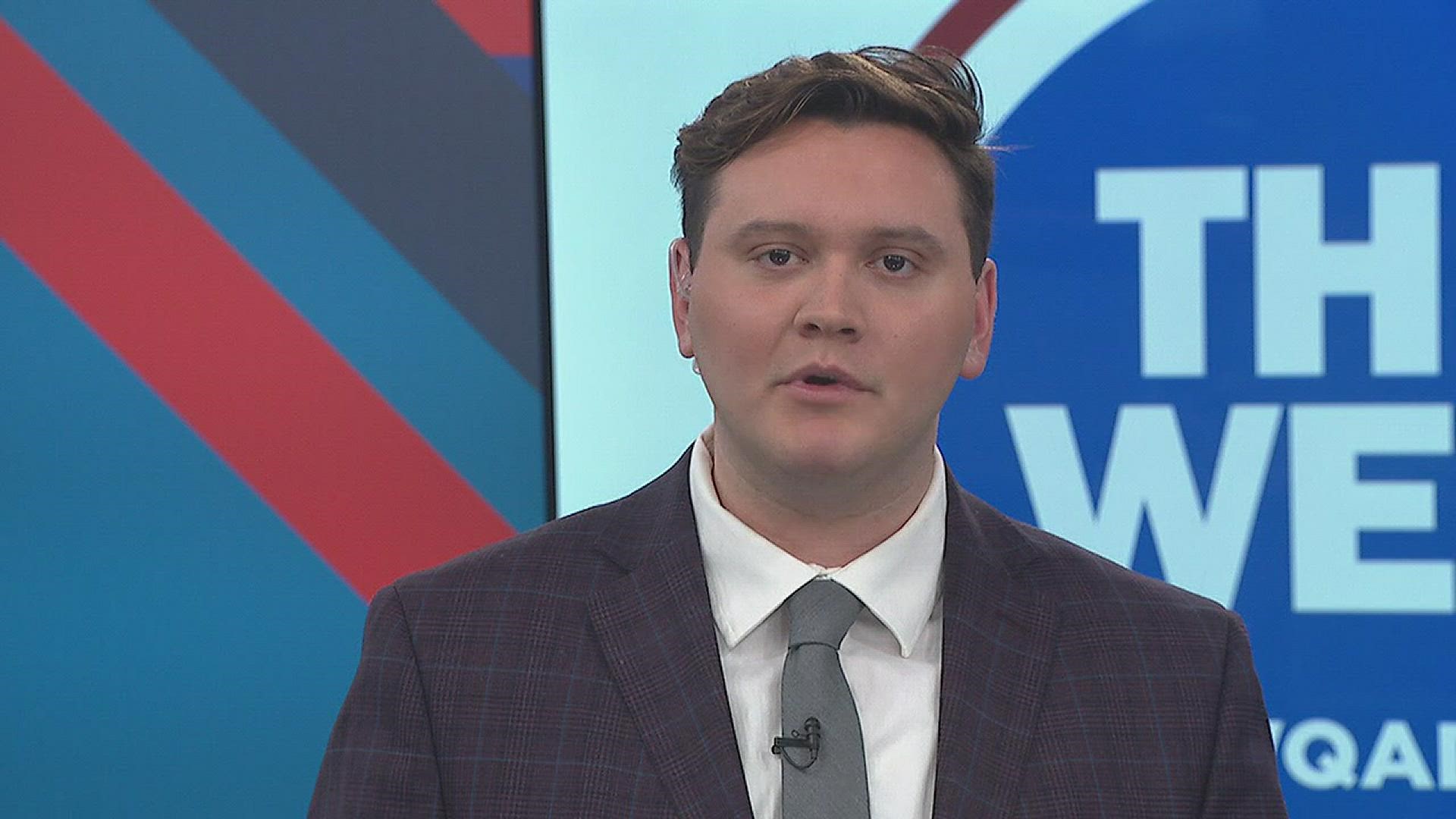MOLINE, Ill. — This week in Your Health, we are taking a moment to get a pulse.
May is Mental Health Awareness Month, and according to the National Alliance on Mental Illness, millions of people are affected by a mental illness each year. If it's so common, why can it be hard to talk about?
Laurie Edge with the NAMI of the Greater Mississippi Valley's Quad Cities affiliate joined News 8's David Bohlman on News 8 This Week to talk about how we can get a pulse on our own mental health and know when to seek help.
Edge works with people navigating the mental health space. She's able to do the work she does because she has lived experience.
"I actually have several family members (affect by mental illness)," Edge said. "Some are now deceased, but others are still with us who were diagnosed and live with mental health conditions. My first experience was with my older brother, who was diagnosed with schizophrenia back in 1978. I had no clue what that meant. Being a young adult myself and being in my own life journey, not living in the same state with my brother, I didn't even seek out to see what it meant. But as things and years progressed, we had another brother who actually took his life by suicide ... Then, my younger sister was diagnosed with depression many years ago ... Five years ago we lost a nephew to suicide who was just one month shy of his 16th birthday."
Edge took this long list of heartbreak and pain and chose to use it for good. She now works with others struggling with mental health so people know they are not alone, so they know they matter.
The longer we sit with poor mental health it can bleed over to other aspects of our life. It no longer becomes just a mental health problem. It can become physical, social and financial, too.
Research has shown the longer that one goes without treatment, the less effective treatment will be, Edge said. The reason is that our brain rewires itself with a mental health condition. The earlier a person is treated, the better the outcome and the better the results of recovery.
But recovery does not look the same for everyone.
NAMI works to educate the public on mental health by offering tools relating to:
- Mental health awareness.
- Directions on how to get a diagnosis.
- Early detection help.
- Treatment options.
- Social-emotional learning.
You can reach NAMI on weekdays by calling 1-800-950-6264.
You don't need to be a person struggling with mental health to reach out to NAMI. Perhaps you know someone who is struggling and you are trying to find ways to help your loved one. They can help with that, too.
If you or someone you know is having thoughts of suicide, there is help available. The Suicide Prevention Lifeline is available 24/7 and can help you or a loved one get access to resources. Call them at 800-273-8255.
Find our full conversation below:

